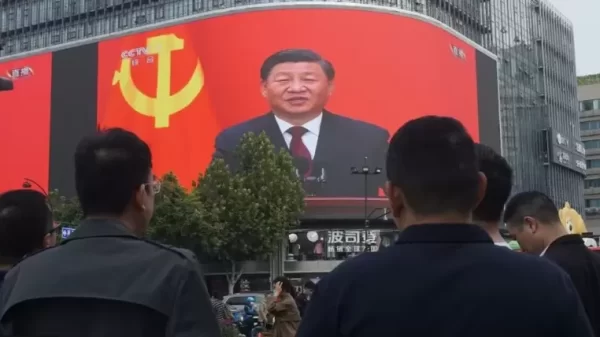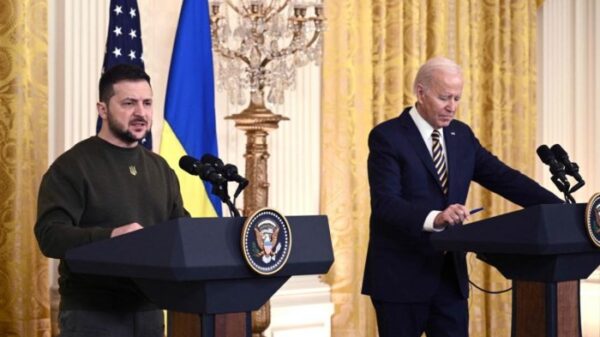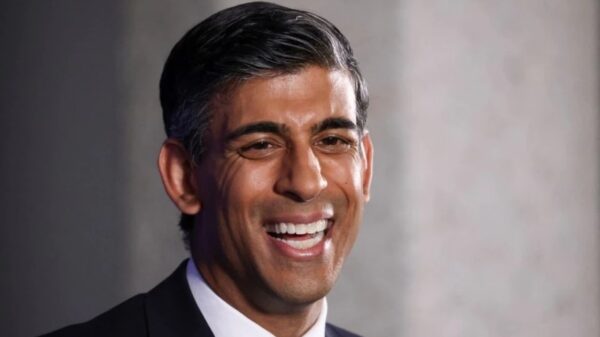Turning a New Leaf China and Australia’s Relations Improve
BEIJING: President Xi Jinping Stresses Stable Relations with Australia, Signals Willingness to Move Past Tensions
President Xi Jinping emphasized the importance of stable ties between China and Australia, stating that such relations serve the interests of both countries. He expressed a clear signal that Beijing is ready to move on from recent tensions.
During a meeting with Australian Prime Minister Anthony Albanese at the Great Hall of the People in Beijing, Xi called for the promotion of a strategic partnership between China and Australia, emphasizing the need to build mutual understanding and trust.
“A strong relationship will be beneficial for the future,” Albanese stated during their second face-to-face meeting in a year, which lasted more than an hour.
For decades, China and Australia have nurtured a trade-based relationship, with China becoming Australia’s largest trading partner, particularly in food and natural resources.
However, tensions arose after Australia accused China of political interference in 2017 and subsequently banned equipment from the Chinese tech giant Huawei for its 5G network over national security concerns.
In 2020, Australia’s call for an international inquiry into the origins of the Covid pandemic, which began in Wuhan, China, in late 2019, led to trade disruptions as Beijing imposed import restrictions on various Australian goods.
Earlier in the day, Albanese visited Beijing’s iconic Temple of Heaven, where he posed for a photograph at the circular Echo Wall, retracing the steps of Australia’s then-Prime Minister Gough Whitlam in 1973, a year after diplomatic ties were established between the two countries.
President Xi commented, “In China, we often say that when drinking water, we should not forget those who dug the well. The Chinese people will not forget Prime Minister Whitlam for digging the well for us.”
Albanese has taken measures to stabilize relations since becoming prime minister in May of the previous year. He met Xi during a G20 summit in Indonesia in November.
China subsequently lowered trade barriers, allowing coal imports in January and lifting tariffs on barley in August. Last month, Beijing agreed to review the 218% dumping tariffs on Australian wine.
Albanese expressed his appreciation for the positive discussions, stating, “I noted that unimpeded trade is in the interest of both countries, benefiting Chinese consumers as well as Australian exporters. He certainly agreed that Australian wine is of high quality.”
While the meeting was described as “very positive,” obstacles still exist in the relationship. Australia’s support for a UN ruling rejecting China’s territorial claims in the South China Sea has created tensions with Beijing, which has conveyed its displeasure to Canberra, asserting that the matter is not Australia’s concern.
Australia maintains that the South China Sea is a crucial trade route for its commerce with Japan and South Korea.
Concerns have also arisen from Beijing’s influence in Pacific island nations, while Australia’s security alliance with the United States and Britain in the Asia-Pacific, known as AUKUS, has raised Chinese apprehensions about containment.
“AUKUS was not explicitly discussed, but we did talk about regional stability,” Albanese noted without providing specifics. “I mentioned guardrails and military-to-military cooperation between the United States and China. That’s important.”








